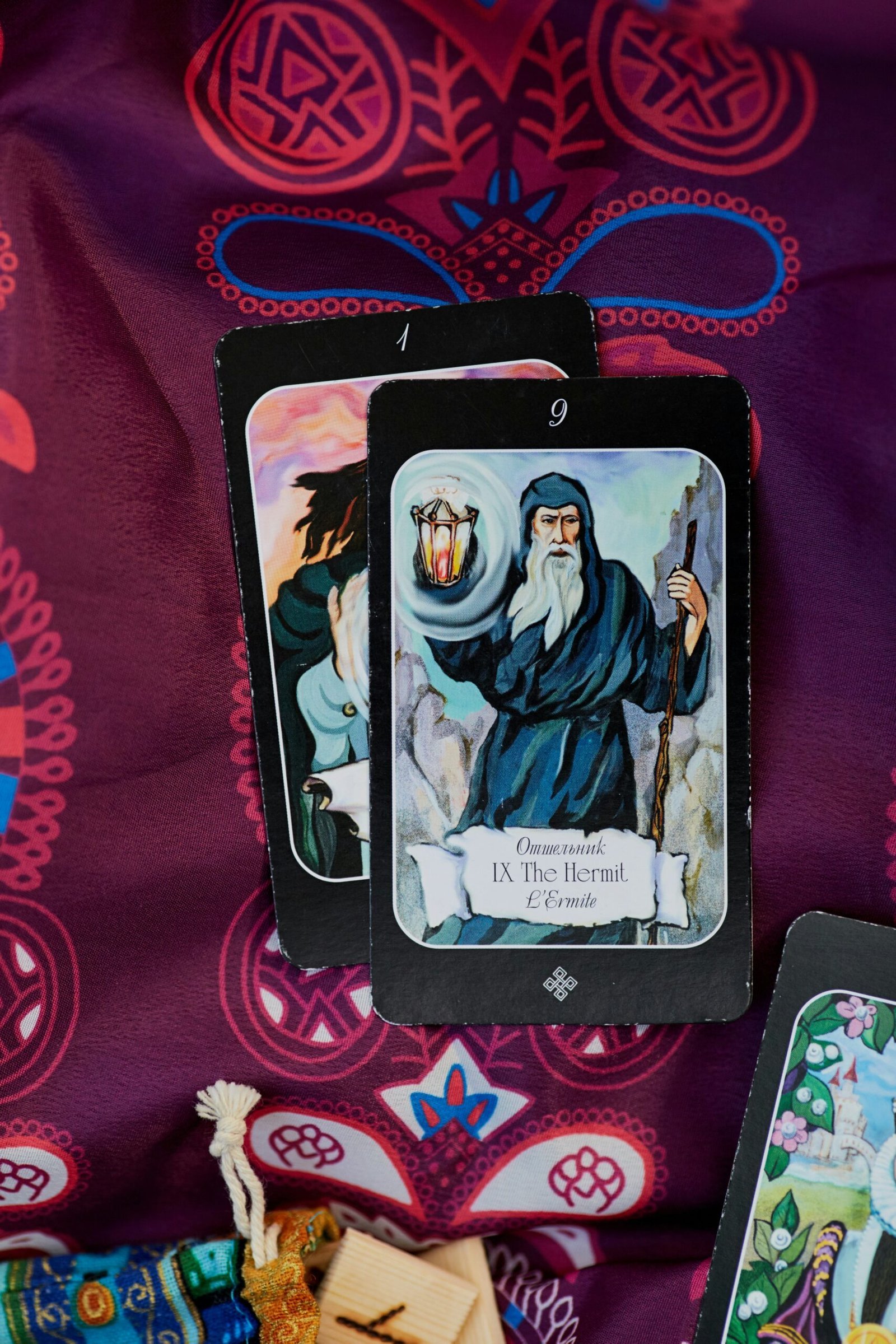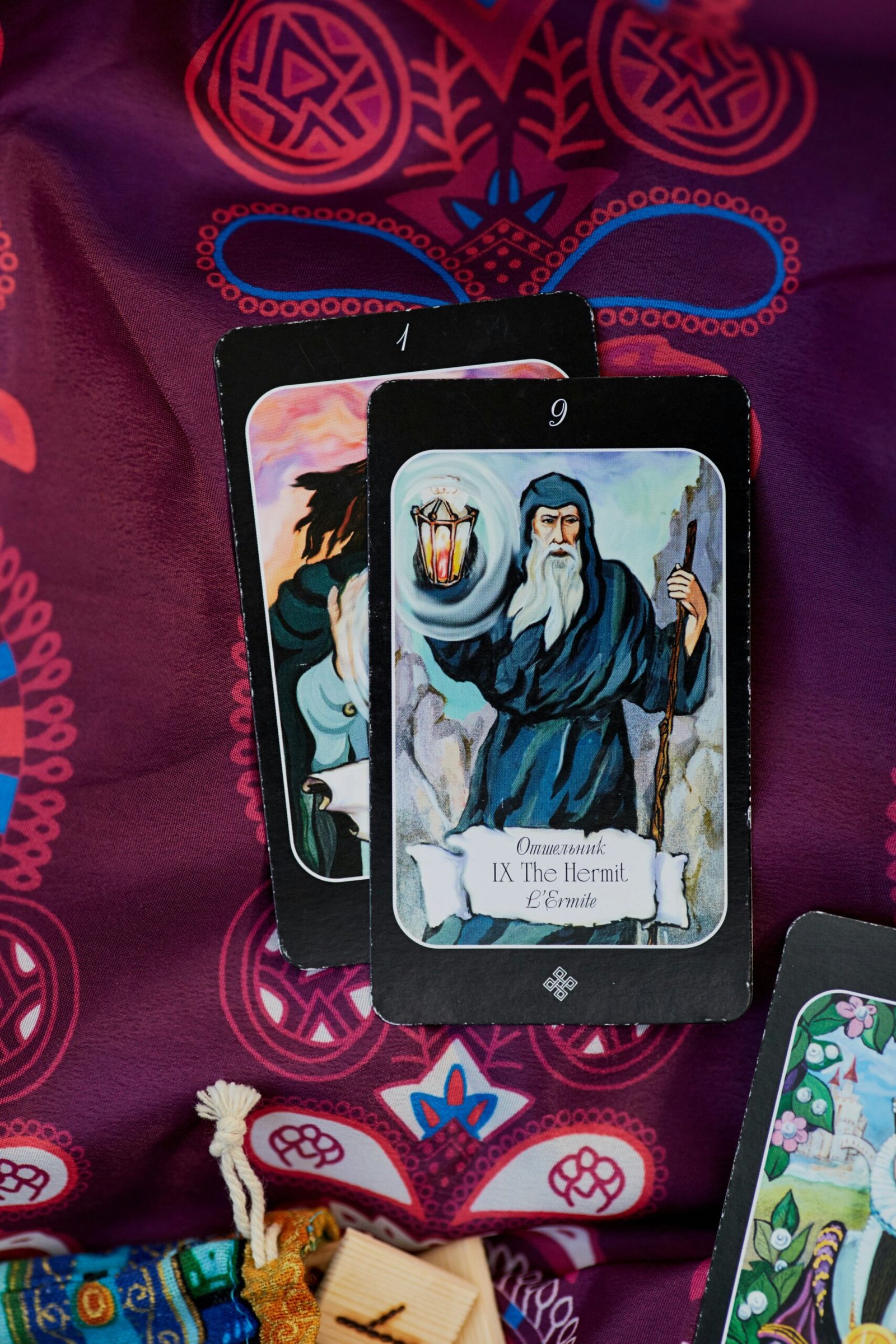
Understanding Astrology: An Ancient Practice
Astrology, the study of celestial bodies’ positions and their influence on human affairs, has captivated humanity for thousands of years. Its roots can be traced back to ancient civilizations, where it served as both a scientific framework and a spiritual guide. From the Babylonians to the Greeks, astrology shaped not only calendars and agricultural practices but also people’s understanding of their place in the universe.
The Evolution of Astrology Through the Ages
In ancient Babylon, around the second millennium BCE, astronomers began documenting planetary movements and correlating them with events on Earth. This foundational work laid the groundwork for astrological practices that would later emerge in ancient Greece. Greek philosophers like Ptolemy further refined these methods, blending them with philosophical ideas and establishing the foundations of Western astrology.
Astrology’s Influence Across Cultures
Throughout history, astrology has transcended geographical boundaries, influencing cultures across the globe. In India, Vedic astrology, known as Jyotish, emphasizes a comprehensive approach to human experience and fate. Meanwhile, in China, astrology integrates with its rich traditions, providing insights into personal traits and compatibility. Today, astrology continues to evolve, finding relevance in modern society as people seek guidance in this ancient practice.

